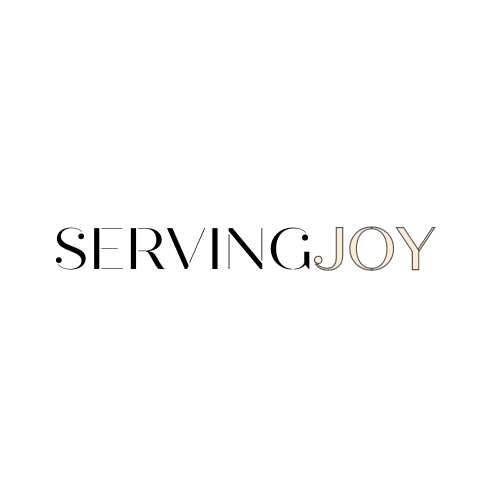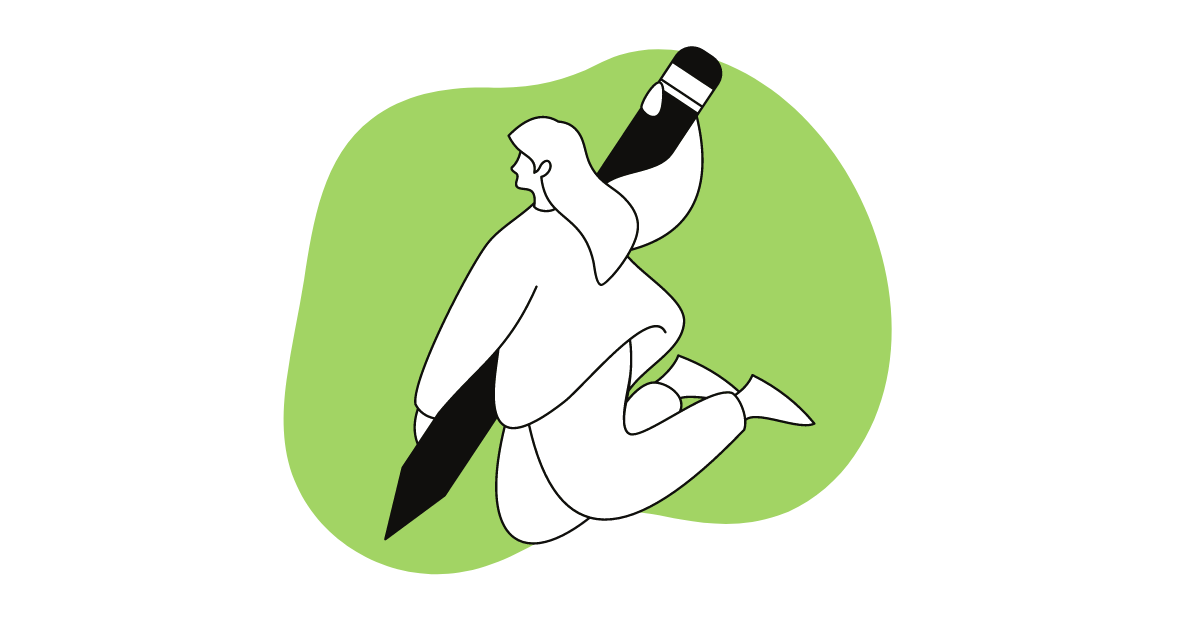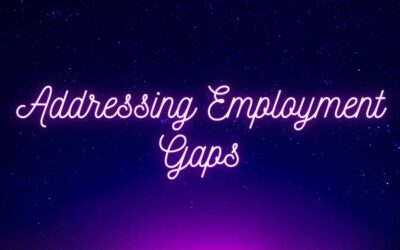Your resume serves as a crucial tool in your job search journey. It acts as your personal marketing document, presenting a snapshot of your qualifications and achievements to potential employers. In this lesson, we will delve into the art of crafting an effective resume, combining principles from various sources to help you create a compelling representation of your skills and experiences.
Crafting an effective resume involves the following tips and techniques:
- Understand the Purpose: Comprehend the purpose of your resume, which is to secure an interview by showcasing your qualifications and suitability for the desired role. Tailor your resume accordingly, highlighting the most relevant information for each specific application.
- Structure and Format: Organize your resume into clear sections, including a professional summary, work experience, education, skills, and additional relevant sections such as certifications, publications, or volunteer work. Choose a clean and professional format that is easy to read and visually appealing.
- Tailor to the Job: Customize your resume for each job application by carefully reviewing the job description and aligning your skills and experiences with the requirements of the position. Highlight keywords and phrases that match the job description to catch the attention of recruiters and applicant tracking systems (ATS).
- Concise and Impactful Language: Use concise and action-oriented language to describe your experiences and achievements. Start bullet points with strong action verbs and quantify your accomplishments whenever possible to demonstrate the impact you made in previous roles.
- Showcase Achievements: Highlight your accomplishments and measurable results in each role, emphasizing how you added value to your previous employers. Include specific examples of projects, initiatives, or challenges you successfully tackled and the outcomes achieved.
- Focus on Transferable Skills: Emphasize transferable skills that are relevant to the desired job, even if they were acquired in different contexts. Showcase how your skills can be applied to the position and contribute to the success of the organization.
Benefits:
By following these tips and techniques when crafting your resume, you can experience the following benefits:
- Enhanced Visibility: A well-crafted resume increases your chances of standing out among other applicants and getting noticed by potential employers.
- Clear Representation of Skills: Your resume becomes an effective tool for showcasing your skills, experiences, and achievements in a concise and impactful manner.
- Increased Interview Opportunities: A compelling resume increases the likelihood of securing interview invitations, allowing you to further demonstrate your qualifications and fit for the desired role.
- Improved Confidence: With a polished resume, you can approach the job search process with greater confidence, knowing that your qualifications are effectively communicated to potential employers.
Strategic Ways to Implement “Crafting an Effective Resume”:
- Utilize resume-building tools: Explore online resume builders or templates to create a professional-looking resume quickly. Examples include Canva, Resume Genius, or Novoresume.
- Seek feedback: Ask trusted friends, mentors, or professionals in your field to review your resume and provide constructive feedback on its content, format, and overall effectiveness.
- Incorporate relevant keywords: Research industry-specific keywords and incorporate them into your resume, ensuring that it aligns with the language and terminology commonly used in your desired field.
- Highlight relevant certifications and courses: Include any relevant certifications, courses, or professional development programs you have completed to demonstrate your commitment to ongoing learning and industry knowledge.
Conclusion:
Crafting an effective resume is an essential step in securing job opportunities and capturing the attention of potential employers. By incorporating the tips and techniques mentioned above, inspired by various sources, you can create a compelling representation of your skills, experiences, and achievements. Remember to regularly update and tailor your resume as you progress in your career, ensuring that it remains a powerful tool in your job search arsenal.
FAQs:
How long should my resume be?
In most cases, it is recommended to keep your resume concise and limited to one or two pages. Focus on including relevant information that highlights your skills, experiences, and achievements.
Should I include a cover letter with my resume?
It is advisable to include a cover letter when applying for a job, as it allows you to personalize your application and express your interest in the position. However, follow the specific application instructions provided by the employer.
What if I have limited work experience?
If you have limited work experience, focus on showcasing transferable skills gained through internships, volunteer work, or extracurricular activities. Highlight relevant projects, achievements, and responsibilities that demonstrate your capabilities.
Is it necessary to include references on my resume?
It is not necessary to include references on your resume. Instead, create a separate document with a list of references that can be provided upon request during the interview process.
Should I use a chronological or functional resume format?
The choice between a chronological or functional resume format depends on your specific circumstances. A chronological format is suitable if you have a consistent work history, while a functional format emphasizes skills and achievements, making it ideal for those with gaps in employment or career changers. Consider what best highlights your qualifications for the desired role.













